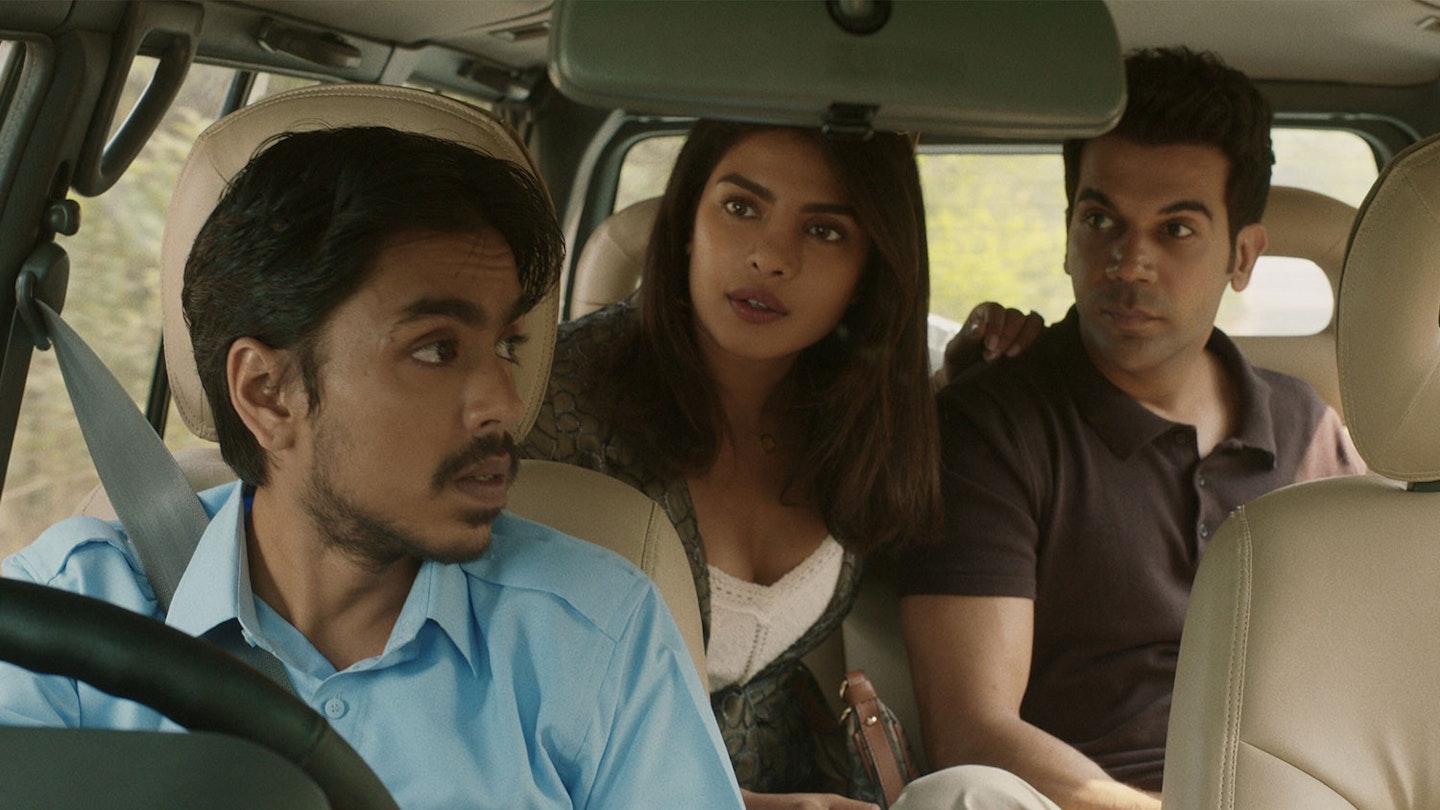The working-class struggle is a subject Ramin Bahrani is keenly attuned to as a filmmaker who has spent several years exploring that subject on screen. From his critically acclaimed debut Man Push Cart to his more recent effort, 99 Homes, Bahrani’s ability to ground the cruel reality of morally bankrupt economic and political systems in heartbreaking, human stories made him an apt choice to adapt Aravind Adiga's 2008 Man Booker prize-winning novel The White Tiger. That, and the fact that the book was dedicated to him by the author. The two were buddies at Columbia University together so this film has been years in the making, and it could not feel timelier.
The film careens towards a dark, heart-pumping finale but maintains a vibrant and visceral texture throughout.
As with the novel, Bahrani uses the framing device of a letter protagonist Balram (Adarsh Gourav) is writing to a Chinese CEO set to visit Bangalore for a tech conference. Gourav delivers a humorous, unabashed narration to ease us into the scrappy journey his entrepreneur embarked on in order to better his life and escape the poverty caused by familial obligations and the continuing stranglehold of India’s caste system. The uneasy tension between his deferential-yet-ambitious driver and the wealthy masters he serves represents the clashing of tradition and modernity and can be felt in every bowed head and slap around the face. One can’t help but rankle each time Rajkummar Rao and Priyanka Chopra’s young, privileged couple make a progressive statement about education and opportunity when they continue to expect submissive obedience from their loyal servant.
The film careens towards a dark, heart-pumping finale but maintains a vibrant and visceral texture throughout. Sharp use of framing, music and kinetic pace brings this rich, cultural world to life so that one can bear witness to every drop of blood, sweat and tears Balram puts into his ethically dubious race to the top of the ladder.


